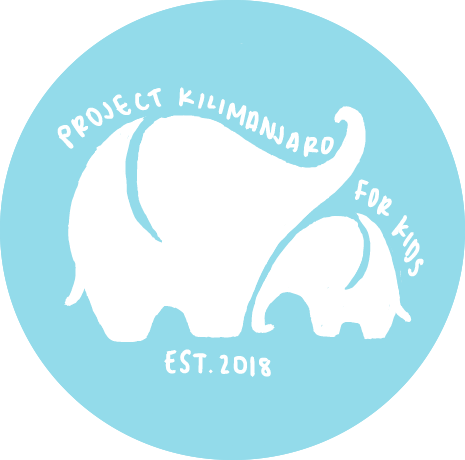INFECTIOUS DISEASE INITIATIVE
1. THE CHALLENGE
According to UNAIDS, as of 2016 1.5 million people in Tanzania were thought to be living with HIV- one of the world’s highest rates that is compounded by a lack of sanitation and knowledge surrounding the disease and preventative methods.
The Maasai communities of the Longido District in Tanzania live a pastoral life; however, this simple lifestyle is not profitable enough to support large families, which are common among the Maasai, and men travel to bigger cities, such as Arusha, in search of jobs. In recent years, pastoral living has become financially inadequate given the frequenting droughts and drying climate in Tanzania.
One of the Maasai elders’ son, Danny, explained to us how in the process of striving to provide for their families, the Maasai men are unknowingly accelerating the spread of sexually transmitted diseases (STDs) within their villages- namely HIV. While working in the bigger cities, Maasai men engage in unprotected sexual intercourse with individuals of different communities from their own and unfortunately, many often contract STDs. These STDs are brought back, and consequently spread, within the Maasai villages. This problem is aggravated by a lack of knowledge regarding STDs and their prevention, general sanitation, and polygamous relationships.
Even though preventative programs have been implemented throughout the country, the reach of their assistance dissipates within rural villages that do not have access to adequate resources or funding.
Contraception is a controversial topic within the Maasai community due to traditional, cultural, and religious perceptions surrounding their use. Not all, but many Maasai believe that condoms are associated with satanic practices and infertility and as an organisation we take pride in striving to dispel such myths in a respectful manner. During our first HIV seminar in August 2019, it became evident that a serious problem was that the Maasai were largely uneducated about condoms and their actual function, as a result condom use is reported to be at a sparse rate of 15%. We aim to increase this percentage through further educational seminars.
Although polygamous relationships are deeply rooted in Maasai culture, as an organisation we are encouraging the Maasai to engage in family planning by commiting to fewer relationships. Not only would this help to reduce the prevalence of STDs but also contain them among partners who are positive.
MOTHER TO CHILD TRANSMISSION
HIV can also be contracted in the womb through mother-to-child transmission. We hope to provide the Maasai community with a better understanding of STDs to protect women and new born children from the immunosuppressive effects of diseases such as HIV.
Contracting HIV is only the beginning before the fatal nature of AIDS takes over, which is only exacerbated by a lack of sanitation.
The battle against STDs comes full circle because everything from sanitation, general knowledge, and preventative methods are involved. Because of this, as an organisation our HIV- AIDS program is one of our focal points because without progressing in any of our other goals, tackling this topic would only be a dream.





